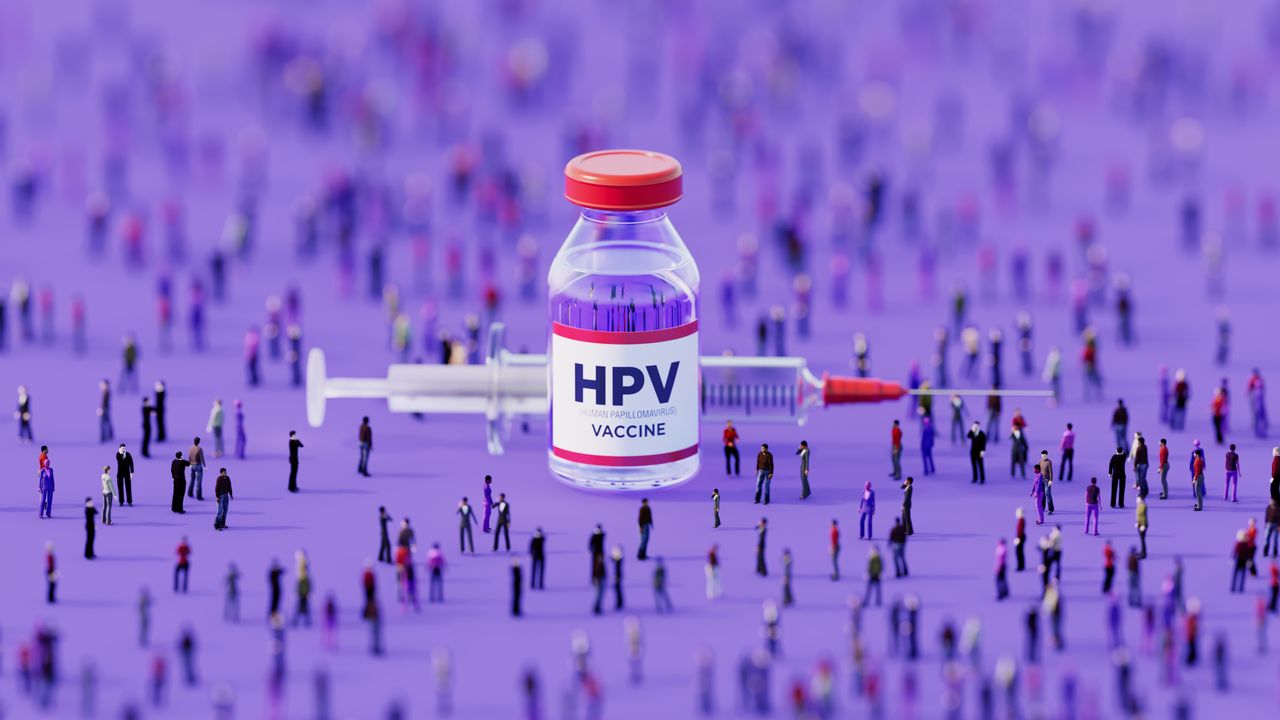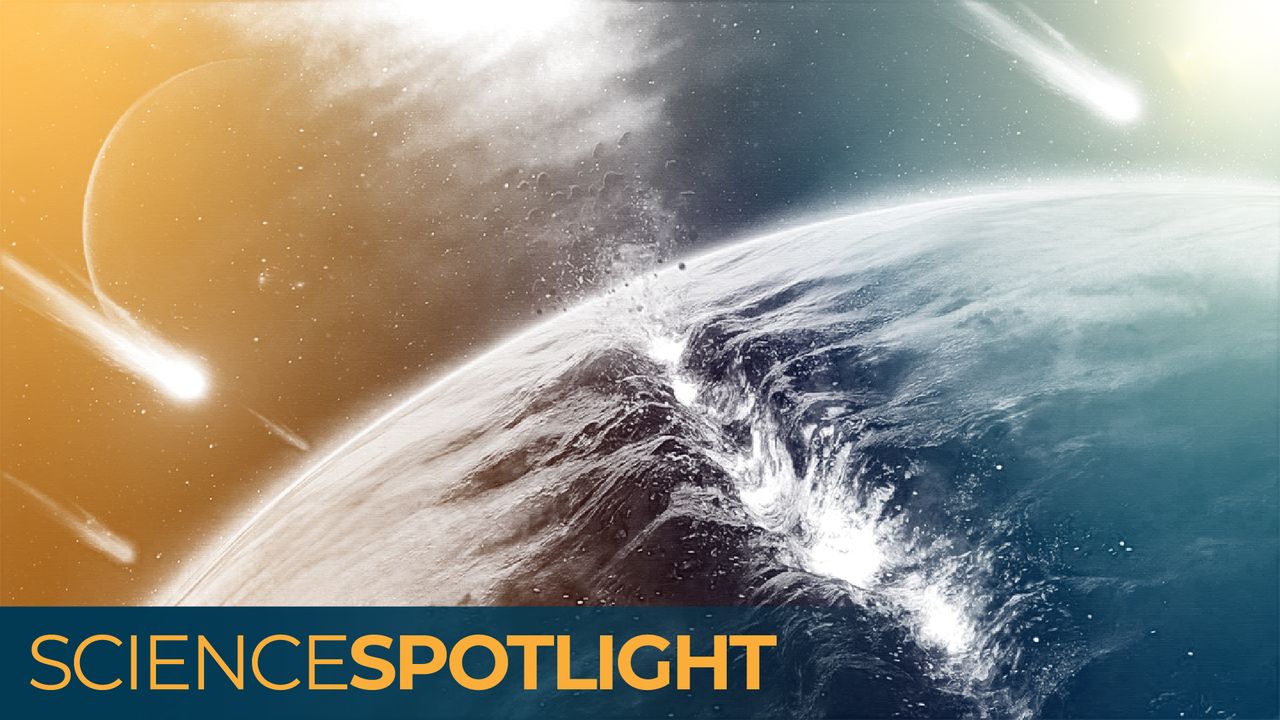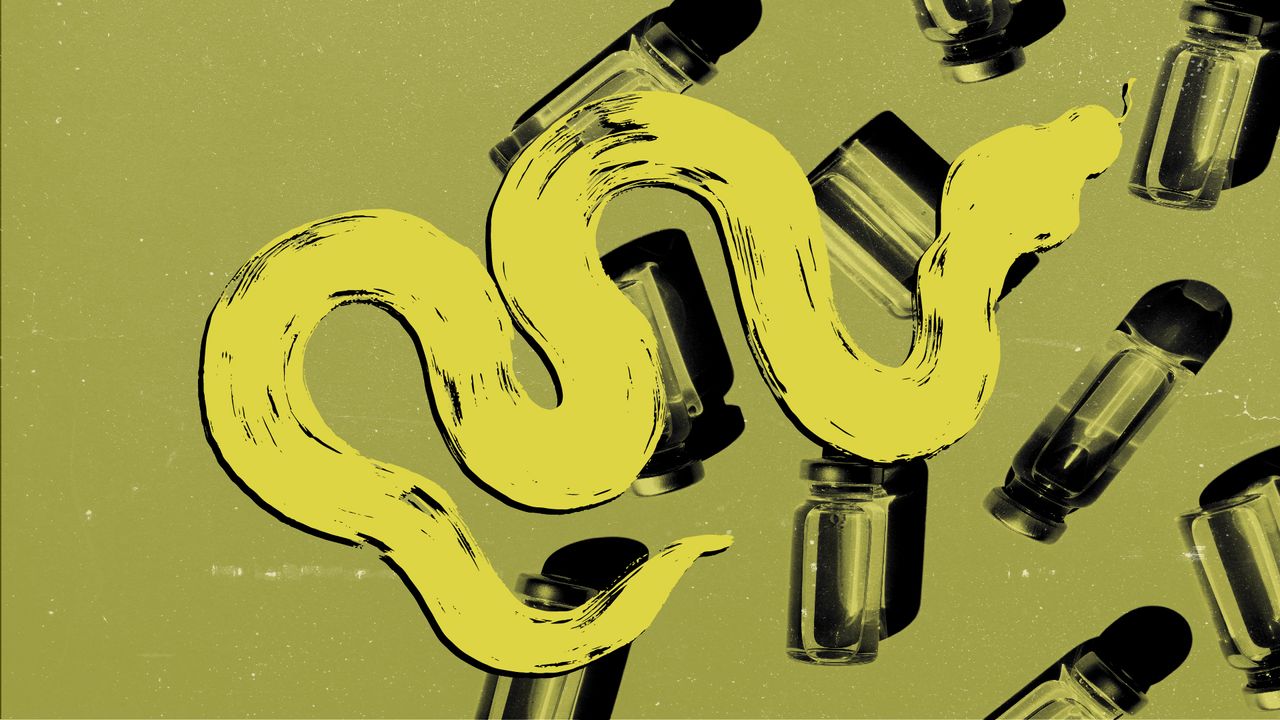Autism, A.D.H.D., Anxiety: Can a Diagnosis Make You Better?
PositiveScience
Recent research suggests that receiving a diagnosis for conditions like autism, ADHD, or anxiety can actually provide relief for individuals. As diagnostic categories broaden to encompass milder forms of these conditions, the act of naming a malady may empower people to seek help and understand their experiences better. This shift in perspective highlights the importance of mental health awareness and the potential benefits of diagnosis in improving quality of life.
— Curated by the World Pulse Now AI Editorial System









